On October 16, the United Nations put forward a proposal to partition Western Sahara, aiming to resolve the territorial dispute that has persisted for decades. This plan, introduced by U.N. envoy Staffan de Mistura, suggests dividing the region between Morocco and the pro-independence Polisario Front. The proposal seeks to address the longstanding impasse by offering a compromise that could potentially satisfy both parties, albeit still requiring some mutual compromise.
The Dispute
The Western Sahara conflict traces its origins to the end of Spanish colonial rule in 1975. After Spain withdrew, Morocco and Mauritania sought to annex the territory, leading to a dispute with the Polisario Front, which advocated for Sahrawi independence. The Polisario Front, supported by Algeria, proclaimed the Sahrawi Arab Democratic Republic (SADR) in 1976 and initiated a guerrilla war against both countries.
In 1979, Mauritania withdrew following military defeats, leaving Morocco in control of most of the region. Morocco fortified its hold by constructing a sand berm, effectively dividing the territory and leaving about 80% under Moroccan control and 20% under Polisario control.
A U.N.-brokered ceasefire in 1991 established plans for a referendum on self-determination, but this has yet to occur due to disagreements over voter eligibility. This unresolved status has led to continued hostilities and diplomatic tensions. The conflict remains a significant geopolitical issue, with Western Sahara's natural resources adding stakes for otherwise disinterested world leaders.
The Proposal
De Mistura's proposal involves creating an independent state in the southern part of Western Sahara while integrating the northern region into Morocco with international recognition of its sovereignty. This division would place Laayoune, the largest city, under Moroccan control and establish Dakhla as part of an autonomous Sahrawi state.
This concept is not entirely new; similar ideas have been floated in the past. In 1979, Mauritania ceded claims to parts of Western Sahara, and former U.N. envoy James Baker suggested a similar partition over two decades ago.
The proposal aims to balance Morocco's desire for territorial integrity with the Sahrawi people's right to self-determination. However, it faces significant challenges due to both parties' entrenched positions. Morocco maintains its claim to full sovereignty over Western Sahara and is unwilling to negotiate on this point. Conversely, the Polisario Front insists on a referendum for self-determination as per international law.
The Reaction
The proposal has elicited mixed reactions from international stakeholders. While some countries have expressed interest in exploring this option, both Morocco and the Polisario Front have shown little willingness to engage with it further. In recent statements, the Polisario Front reiterated its stance that any solution must respect international legal frameworks and include a referendum on independence. Meanwhile, Morocco has yet to officially comment on de Mistura's proposal.
The partition plan faces significant hurdles beyond political opposition. There are concerns about whether such a division would genuinely meet the aspirations of either side or merely create new tensions. Additionally, logistical challenges related to resource distribution and governance structures would need careful consideration.
De Mistura has expressed his intention to continue pursuing dialogue over the next six months before reassessing his approach. He acknowledges that continued stagnation could prompt a reevaluation of U.N.'s role in facilitating a political process for Western Sahara.
Although it is unlikely that this iteration of the proposal will be accepted, it may open the door to formal negotiations to end the conflict. As global interest in resolving this issue grows, particularly given Western Sahara's resource wealth, international decision-makers will need to carefully weigh their options and encourage Morocco and the Polisario Front to engage in meaningful negotiations. Ultimately, the international community will continue to pursue an agreement that respects both sovereignty claims and self-determination rights.



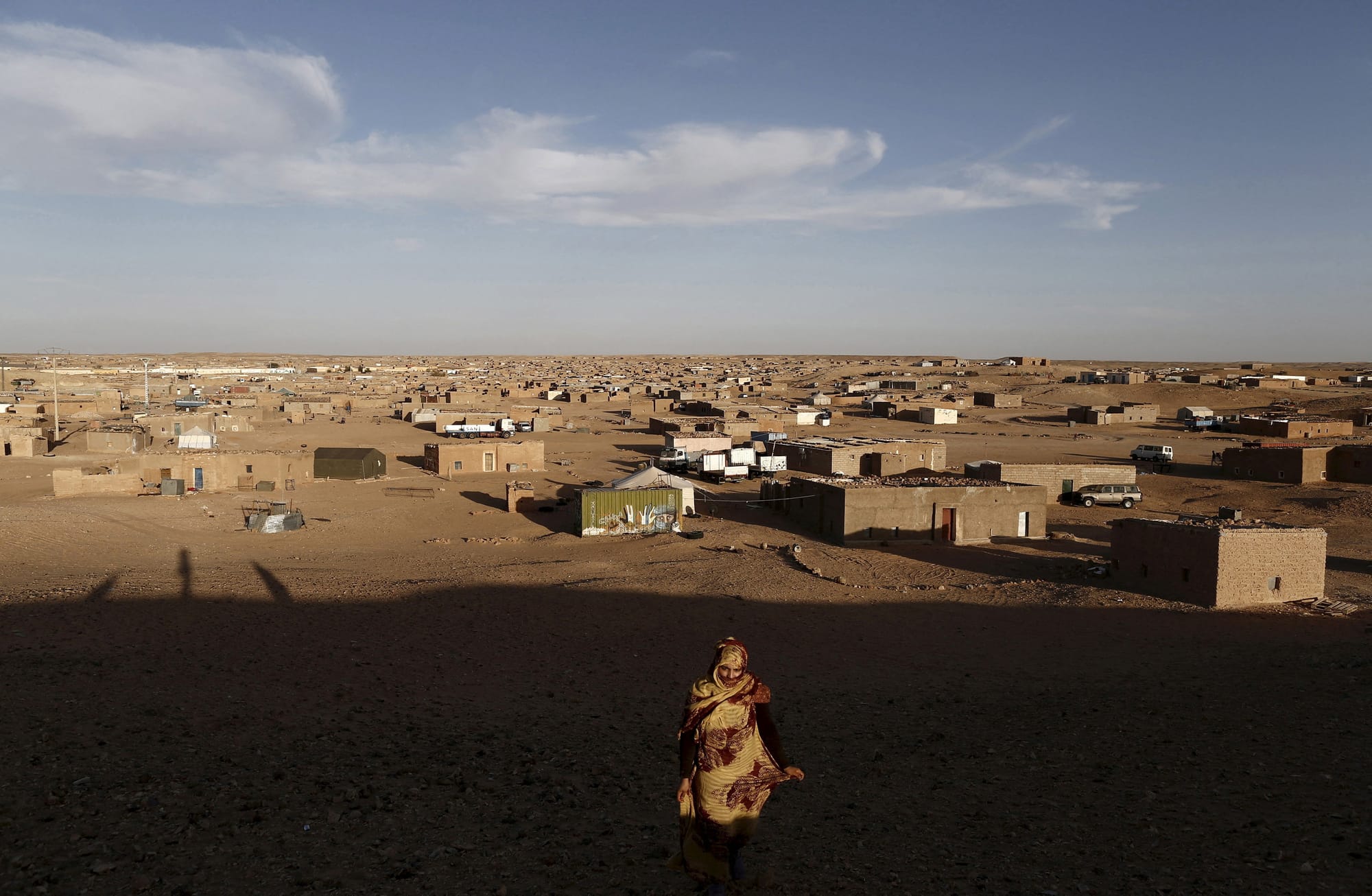
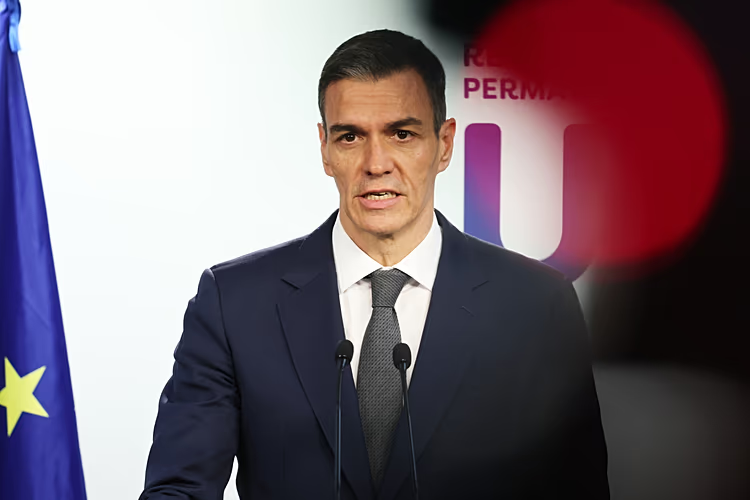

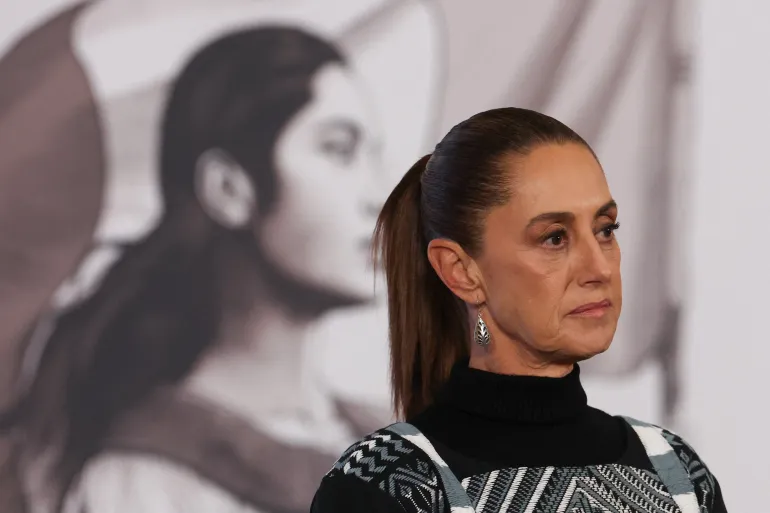
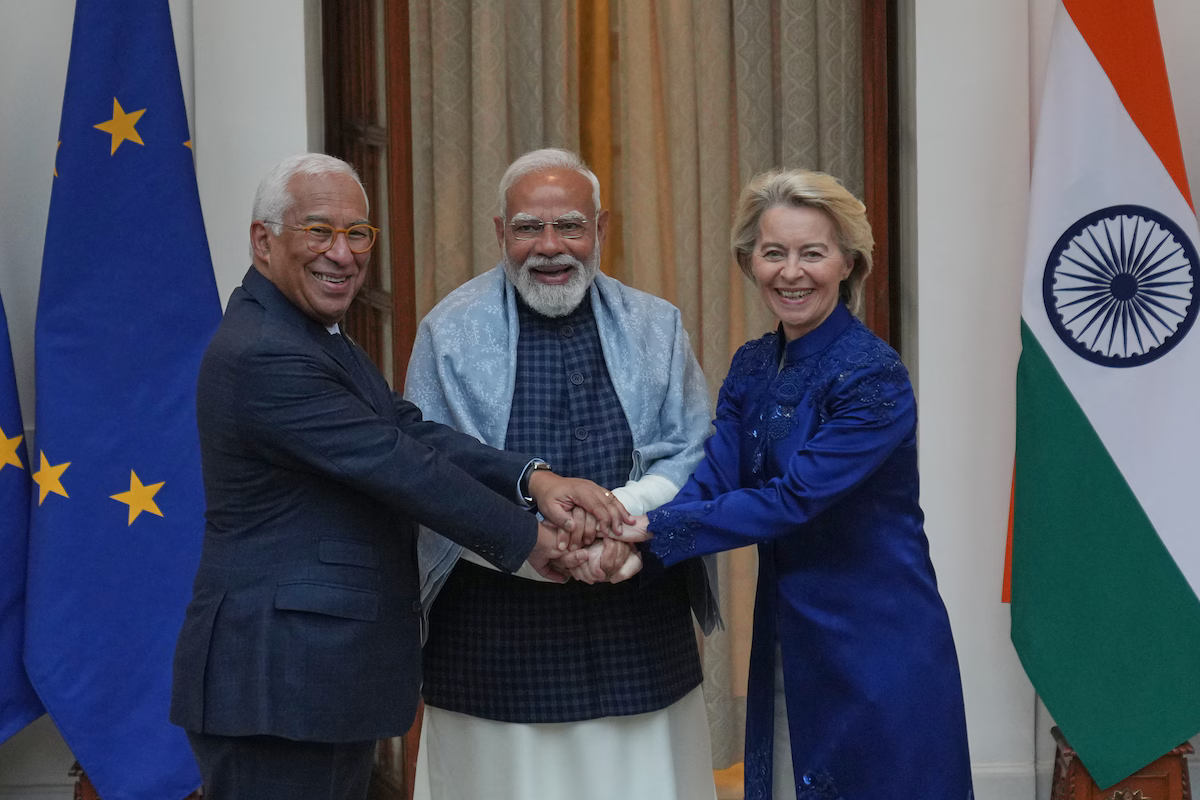
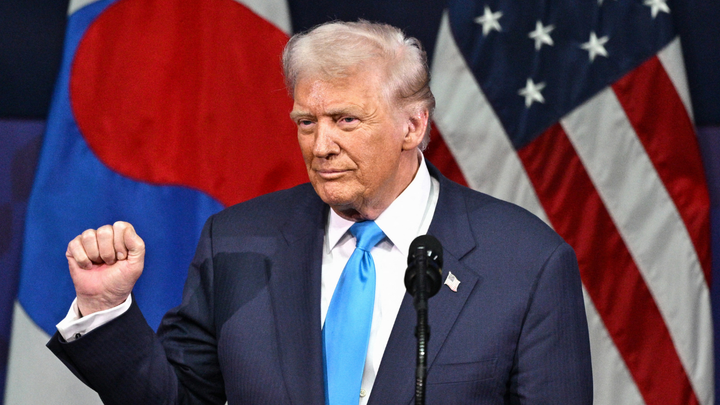
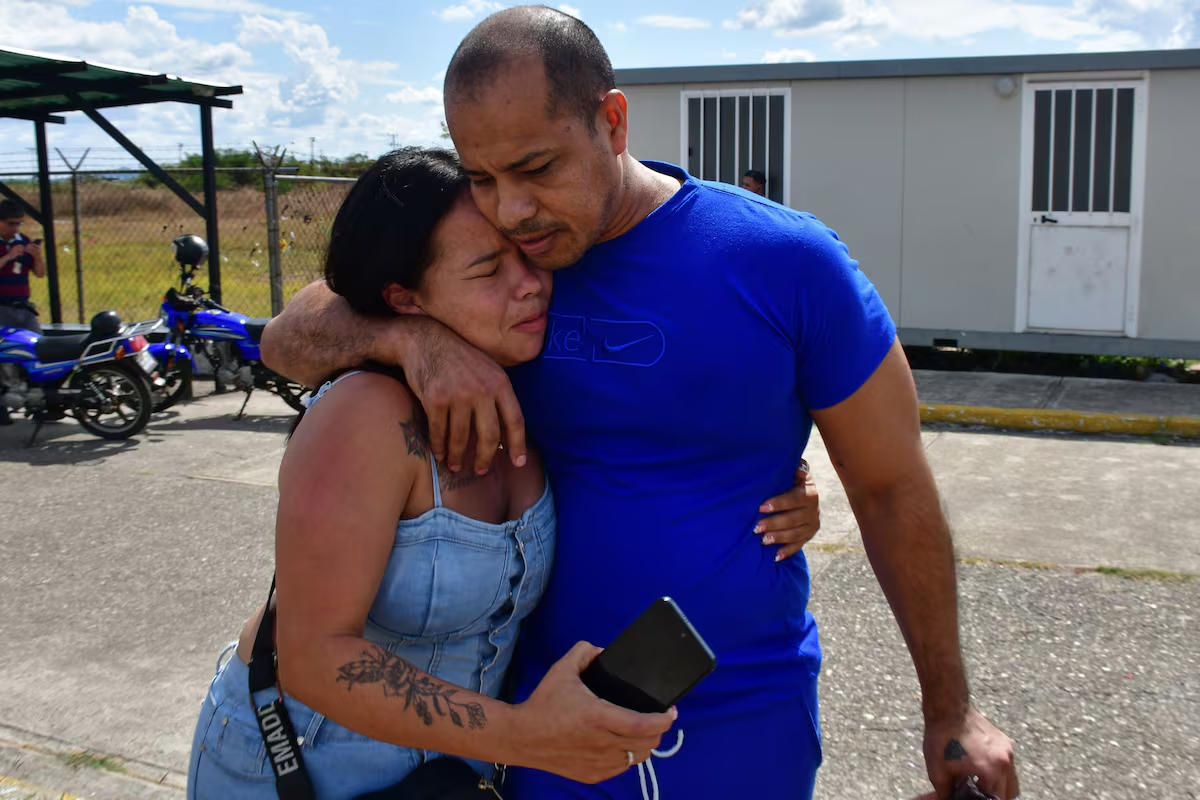

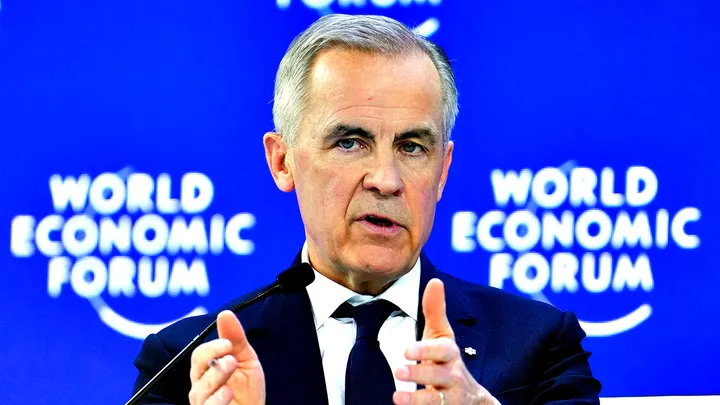
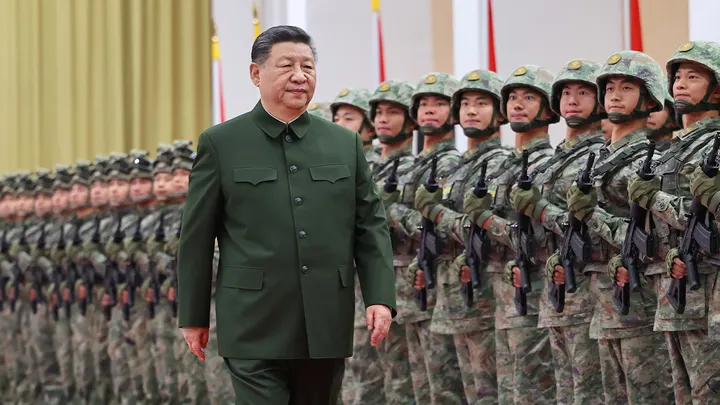
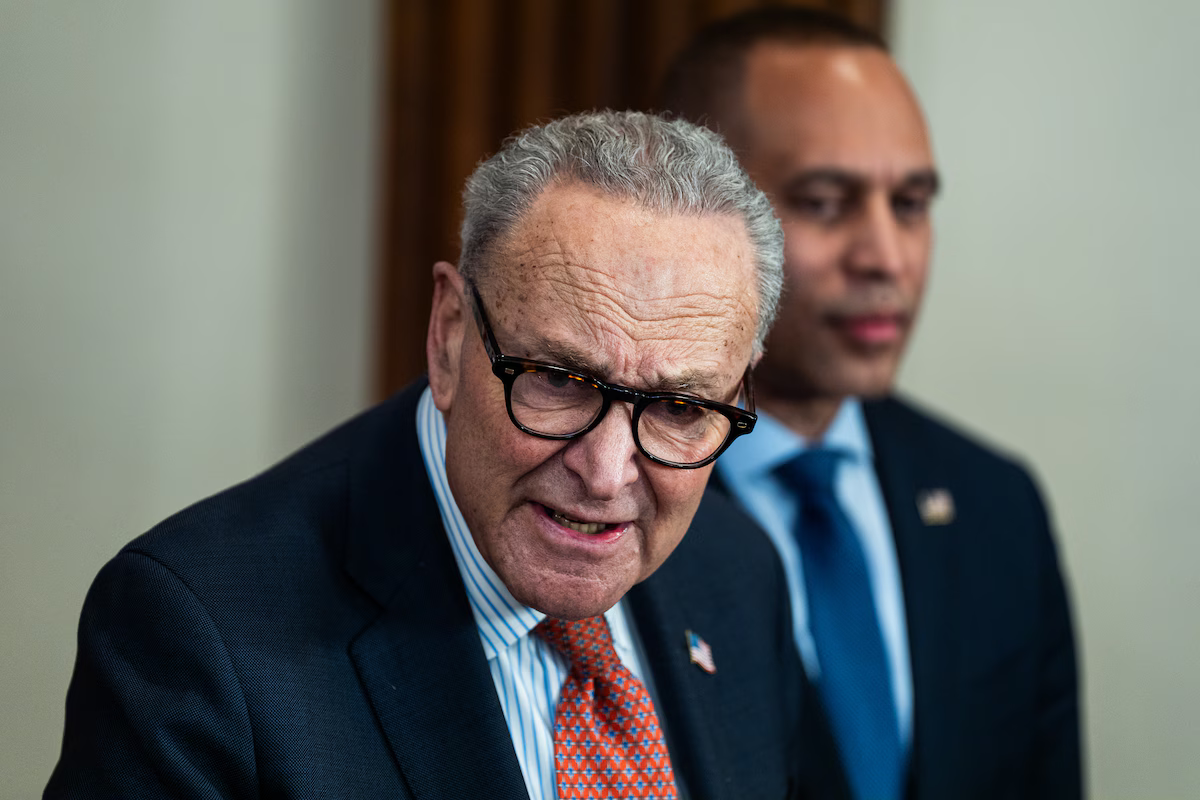
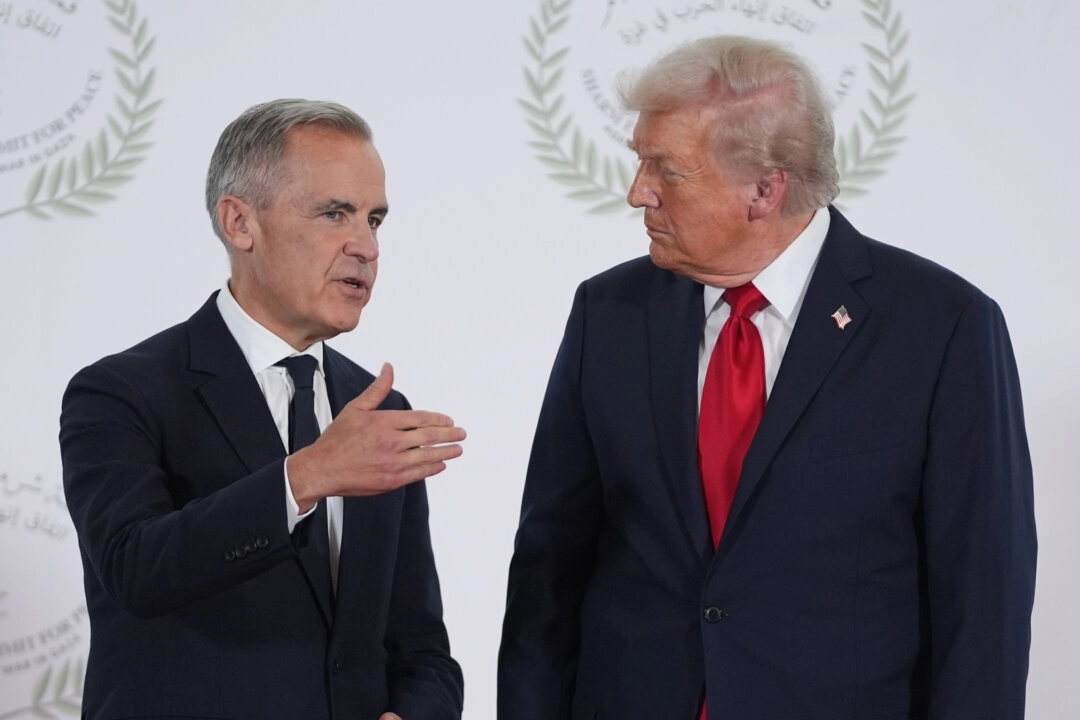
Discussion